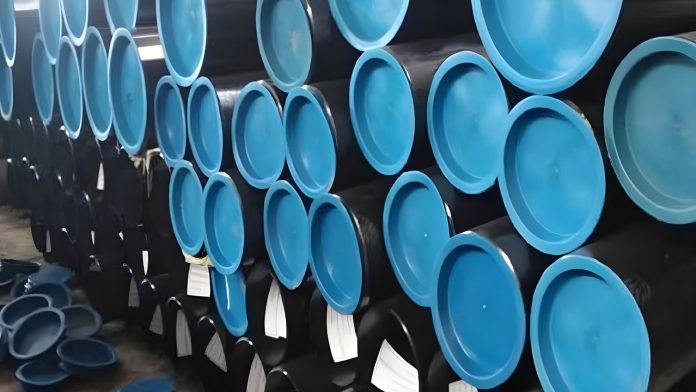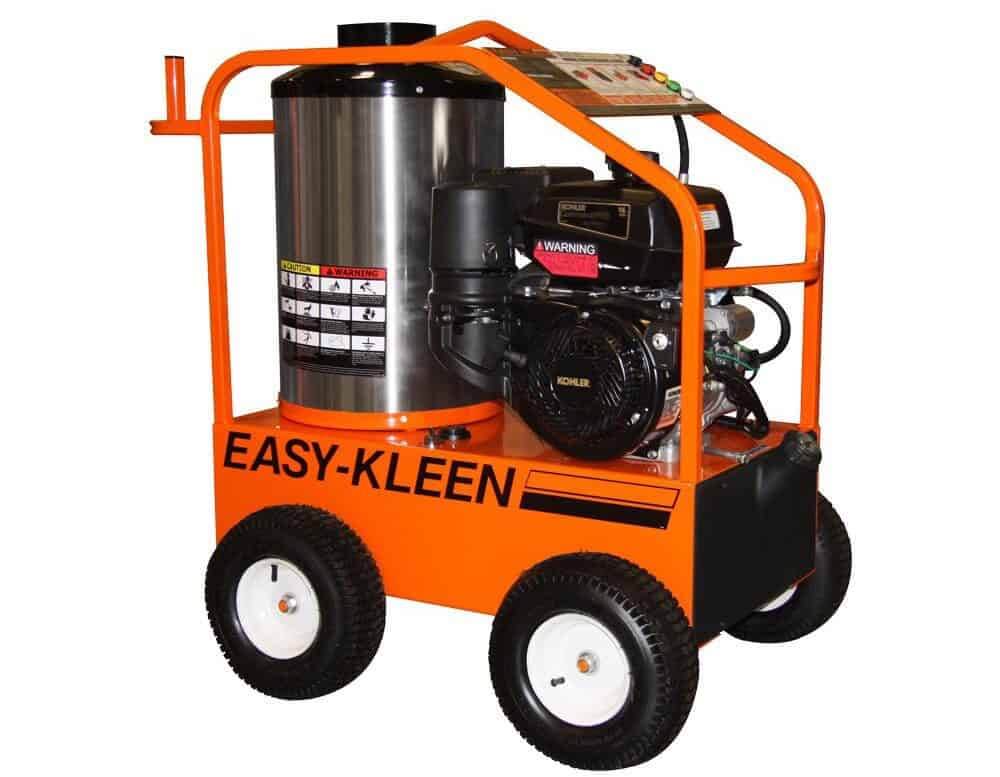When it comes to transporting fluids like crude oil, natural gas, and petroleum products over great distances, the API 5L X70 Line Pipe is an indispensable tool for the petroleum and oil and gas industries. In addition to withstanding extreme heat and pressure, the API 5L X70 also possesses exceptional mechanical properties that guarantee its reliability even in hazardous conditions.
Yield Strength and Tensile Strength
Yield strength (Y.S) and tensile strength (T.S) values are at the heart of the mechanical prowess of API 5L X70 line pipe. API 5L X70 has a minimum yield strength of 485 MPa, or about 70,300 psi (pounds per square inch). The pipe’s ability to withstand the stresses of transport and handling depends on its high yield strength.
API 5L X70 has a minimum tensile strength of 570 MPa (82,700 psi), further demonstrating its resistance to stress. A crucial parameter in determining the overall strength and dependability of the line pipe is the material’s tensile strength, which is defined as the resistance to elongation or breaking under tension.
Elongation
Ductility, or the ability of a material to deform without cracking when subjected to stress, is just as crucial as strength. The minimum elongation for API 5L X70 PSL-1 pipes is 21%, and for PSL-2 pipes, it is 18%. A material’s ability to absorb energy and withstand dynamic loads without failure is measured by its elongation value.
Resistance to Impact
The impact toughness of a material is a measure of its ability to resist damage when subjected to impacts. Tests using the Charpy impact method reveal that API 5L X70 line pipe has remarkable resistance to impact. To ensure that PSL-1 pipes are resilient in any climate, the Charpy V-notch impact test is conducted at a minimum temperature of -29°C (-20°F). In contrast, PSL-2 pipes retain a minimum level of impact toughness down to temperatures of -46°C (-50°F).
Maintaining Stability through Bend and Flattening Tests
The bend and flattening tests play a crucial role when evaluating the API 5L X70 line pipe’s durability. The pipe’s ability to withstand deformation without cracking is measured by putting a sample through a controlled bending process. The line pipe’s bending strength is evaluated to ensure it can withstand the stresses of installation and operation.
Like the tensile test, the flattening test measures the pipe’s ability to withstand stress in two dimensions. It aids in detecting weld seam flaws and guarantees that the line pipe continues to function normally despite extreme compression.
Final Thoughts
The mechanical properties of API 5L X70 line pipe demonstrate its fitness for use in the oil and gas industries. Because of its high yield and tensile strength, its excellent elongation and impact toughness, it is a solid choice as a conduit for the long-distance transport of vital fluids. The rigorous testing procedures, such as the bend and flattening tests, contribute to its well-deserved reputation as a sturdy and long-lasting answer.
The mechanical properties of API 5L X70 line pipe are evidence of the progress in materials science and engineering that allows for the reliable and secure transport of energy resources around the world. API 5L X70 line pipe continues to be an important part of the energy transportation infrastructure despite the industry’s constant change.













